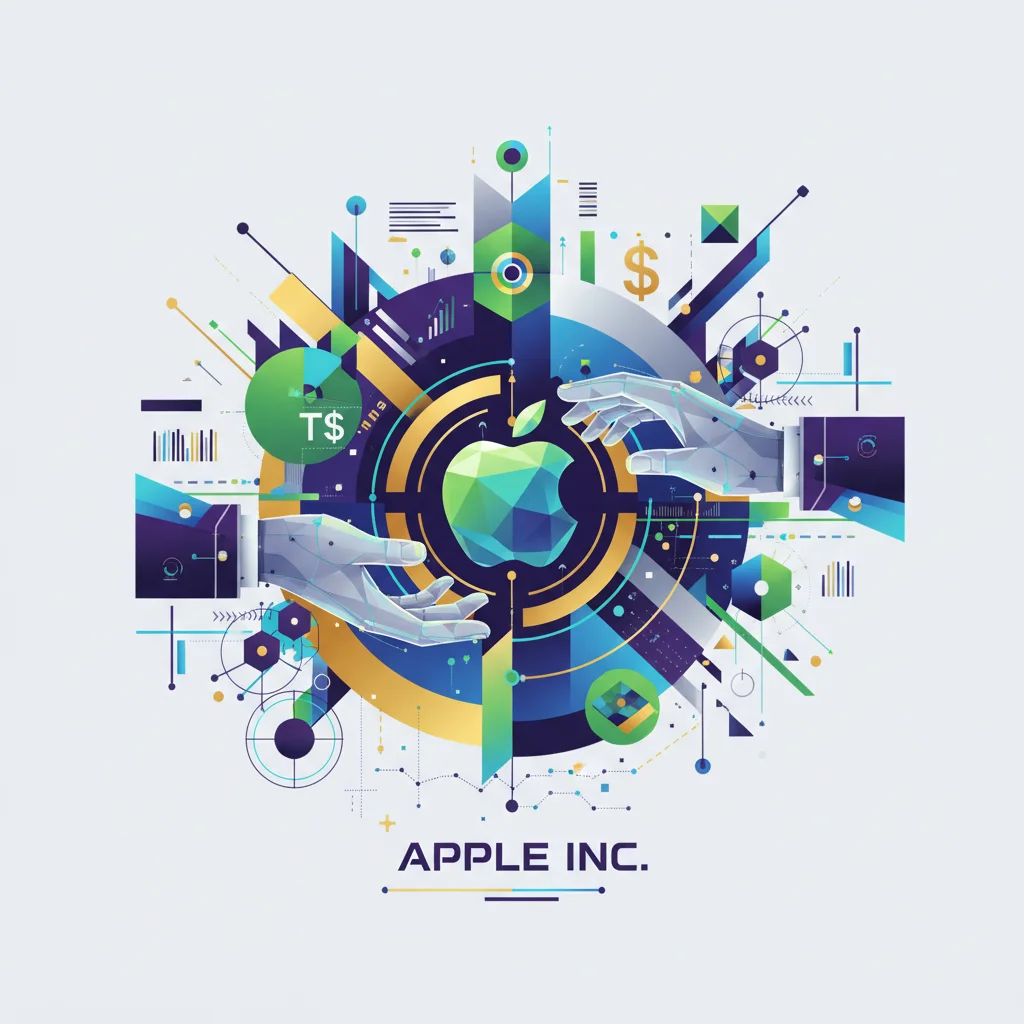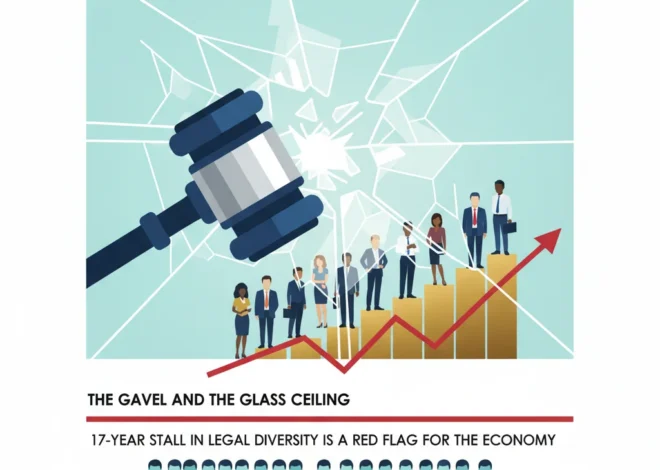
The Trillion-Dollar Handover: Inside Apple’s Search for Tim Cook’s Successor
The End of an Era: Apple Prepares for a Post-Cook World
In the world of global business, there are few roles as scrutinized or as consequential as the CEO of Apple Inc. For over a decade, Tim Cook has been the steady hand on the tiller of the world’s most valuable company, steering it from the long shadow of its iconic founder to unprecedented heights. But eras, by their very nature, must end. Recent reports indicate that Apple’s board is intensifying its succession planning, preparing for a future without the operational maestro who turned the iPhone into a global phenomenon and built a services empire on its back. According to the Financial Times, the transition could happen within the next few years, raising a multitrillion-dollar question for investors, employees, and the entire tech industry: Who can possibly succeed Tim Cook?
This isn’t merely a C-suite shuffle; it’s a pivotal moment that will have profound implications for global finance, the stock market, and the future trajectory of consumer technology. Cook’s tenure has been a masterclass in scaling a giant, transforming Apple from a $350 billion company into a behemoth that has flirted with a $3 trillion valuation. The next leader won’t just inherit a company; they will inherit an ecosystem, a global supply chain of immense complexity, and the weighty expectation of defining the next decade of innovation. For anyone involved in investing, understanding the nuances of this transition is paramount.
The Cook Legacy: From Successor to Statesman
To appreciate the challenge of replacing Tim Cook, one must first grasp the magnitude of his accomplishments. When he took over from Steve Jobs in 2011, many were skeptical. How could an operations expert, a man known for his mastery of supply chains, replace a product visionary who was arguably the greatest of his generation? The answer, it turned out, was by not trying to be Steve Jobs. Instead, Cook played to his own strengths with devastating effectiveness.
Under his leadership, Apple achieved feats that were once unimaginable:
- Market Cap Explosion: He oversaw Apple’s journey to becoming the first publicly traded company to be valued at $1 trillion, then $2 trillion, and briefly, $3 trillion. This created immense wealth for shareholders and solidified Apple’s position as a cornerstone of the global economy.
- The Services Juggernaut: Cook masterminded the strategic shift towards high-margin services. The App Store, Apple Music, iCloud, Apple Pay, and Apple TV+ now generate nearly $100 billion in annual revenue, creating a recurring, predictable income stream that Wall Street adores.
- Product Ecosystem Expansion: While Jobs introduced the core products, Cook’s era has been about perfecting and expanding the ecosystem with devices like the Apple Watch and AirPods, which have become dominant in their respective categories.
- Navigating Geopolitical Waters: He has skillfully managed complex relationships, particularly with China, which is both a critical manufacturing hub and a massive consumer market for Apple.
His tenure has been a testament to the power of operational excellence in the modern corporate world. The smooth, predictable annual rollout of new iPhones, a feat of global logistics, has become as crucial to Apple’s success as any single product innovation. This stability has made Apple (AAPL) a bedrock of countless investment portfolios, from individual traders to the largest institutional funds. Pentagon Puts Defence Giants on Notice: A New Era for Investing in National Security?
The Frontrunners: A Look at Cupertino’s Potential Heirs
While Apple maintains its legendary secrecy, industry analysts and insiders have identified a small group of senior executives as the most likely candidates to take the helm. The board’s preference is reportedly for an internal candidate who understands Apple’s unique culture. This choice will signal the company’s future priorities: will it be a product-focused visionary, an operational expert in the Cook mold, or something else entirely?
Here’s a breakdown of the leading contenders and what their ascension might mean for the company.
| Potential Successor | Current Role | The Case For | Potential Challenges |
|---|---|---|---|
| John Ternus | SVP, Hardware Engineering | A product-focused leader who oversaw the critical transition to Apple Silicon. He is highly respected internally, presents well, and is seen as a potential long-term choice. | Lacks the broad operational and services experience that defined Cook’s tenure. His leadership of the entire, sprawling enterprise is untested. |
| Jeff Williams | Chief Operating Officer | Often called “Tim Cook’s Tim Cook,” he has deep operational expertise and has been groomed for a top role for years. He led the development of the Apple Watch. | At 61, he is close in age to Cook, which might make him more of a transitional CEO than a long-term solution for the next decade. |
| Craig Federighi | SVP, Software Engineering | The charismatic public face of iOS and macOS. His deep expertise in software is crucial as services and AI become more central to Apple’s strategy. | His experience is heavily concentrated in software, with less exposure to hardware, supply chain, and global operations. |
| Deirdre O’Brien | SVP, Retail + People | Manages Apple’s global retail footprint and its entire workforce, giving her a unique understanding of both the customer and the company culture. | Her background is not in product engineering or core operations, which have historically been the paths to the CEO office at Apple. |
Market Impact: Why This Succession Matters for Your Portfolio
For those involved in investing and trading, a CEO transition at a company of Apple’s scale is a major event that introduces uncertainty. The market abhors a vacuum, and any perceived instability could lead to stock volatility. Investors will be watching for several key signals:
- A Smooth Transition: A well-telegraphed, orderly handover, like the one from Jobs to Cook, would likely be rewarded by the market. A sudden departure or a contentious search would be punished. The board’s current “intensified” planning is a positive sign of responsible governance (source).
- Strategic Continuity vs. Radical Change: Will the new leader continue Cook’s playbook of operational excellence and ecosystem expansion, or will they pivot towards a higher-risk, higher-reward strategy in pursuit of a new revolutionary product? The former provides stability; the latter could unlock new growth but also carries greater risk.
- Impact on Financials: Cook’s mastery of the balance sheet, including massive share buyback programs and a growing dividend, has been a key driver of shareholder returns. A new CEO’s approach to capital allocation will be heavily scrutinized by the financial community.
The transition’s success or failure will have ripple effects across the entire stock market. As the largest component of major indices like the S&P 500 and Nasdaq 100, Apple’s performance can influence market-wide sentiment and the health of the broader tech economy. The £2 Billion Question: Is a Stealth Tax on Your UK Pension Coming?
The Road Ahead: Navigating AI, Regulation, and the Next Big Thing
Tim Cook’s final major product launch is expected to be the Vision Pro, Apple’s ambitious entry into spatial computing. As reported, he is keen to see this new product category established before he considers stepping down (source). But beyond the Vision Pro, the next CEO will inherit a formidable set of challenges and opportunities that will define Apple’s next chapter.
The most pressing is arguably Artificial Intelligence. While Apple has integrated AI into its products for years, it is widely perceived as trailing competitors like Microsoft, Google, and Meta in the generative AI race. The next leader must articulate and execute a clear, compelling AI strategy that can compete at the highest level without compromising Apple’s staunch commitment to user privacy.
Furthermore, the regulatory environment is becoming increasingly hostile. From antitrust lawsuits targeting the App Store’s dominance to new rules in Europe forcing interoperability, the next CEO will spend a significant amount of time navigating legal and political battles around the globe. This requires a different skillset than pure product innovation or operational management—it requires political savvy and diplomatic acumen.
Conclusion: The Watch Is Ticking
The process of succession at Apple is more than just a line on an org chart; it’s a referendum on the company’s future. Tim Cook’s departure, whenever it comes, will mark the end of a remarkably successful chapter defined by disciplined execution and explosive growth. The board’s careful and deliberate planning is a crucial exercise in risk management, aimed at ensuring the world’s most valuable company doesn’t miss a beat.
For investors, business leaders, and anyone interested in the intersection of technology and economics, the coming years at Apple will be a case study in corporate leadership and strategic transition. The choice of the next CEO will dictate whether Apple continues its reign as a stable, shareholder-friendly giant or pivots to reclaim its identity as a disruptive innovator. The world is watching.


